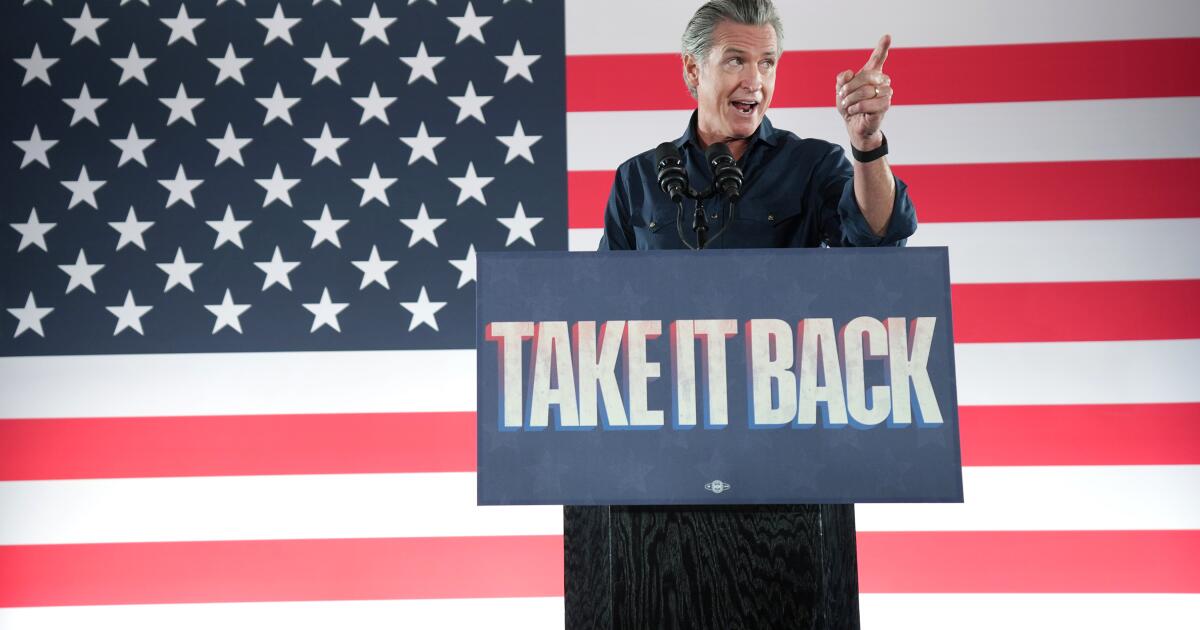Trump’s announcement is his latest effort to target Democratic cities by exercising executive power over traditionally local matters. He has dismissed criticism that he is manufacturing a crisis to justify expanding presidential authority.
At the same news conference, Trump signalled that Chicago could be next, calling it “a disaster” and adding, “Hopefully L.A. is watching.” During his campaign, Trump frequently singled out majority-Democratic cities such as Baltimore, Chicago and Washington, all with large Black populations, when discussing violent crime.
Hundreds of officers and agents from over a dozen federal agencies, including the FBI, ICE, DEA, and ATF, have already fanned out across the city in recent days.
The Democratic major of Washington, Muriel Bowser, has pushed back on Trump’s claims, saying the city is “not experiencing a crime spike” and highlighting that violent crime hit its lowest level in more than three decades last year.
Violent crime fell 26 per cent in the first seven months of 2025 after dropping 35 per cent in 2024, and overall crime dropped 7 per cent, according to the city’s police department.
Bowser struck a diplomatic tone at a news conference, saying she and her administration would work with the federal government while rejecting Trump’s portrayal of the city. She noted the law appeared to give the president broad power to take temporary control of the police force, but reiterated her view that the city is safe.
The city’s attorney general, Brian Schwalb, called Trump’s actions “unprecedented, unnecessary and unlawful” in a post on X, adding that his office was “considering all of our options”.
House of Representatives Democratic Leader Hakeem Jeffries also criticised the move, writing on X: “Donald Trump has no basis to take over the local police department. And zero credibility on the issue of law and order. Get lost.”
But gun violence remains an issue. In 2023, Washington had the third-highest gun homicide rate among US cities with populations over 500,000, according to gun control advocacy group Everytown for Gun Safety.
The deployment of National Guard troops is a tactic the Republican president used in Los Angeles, where he dispatched 5,000 troops in June in response to protests over his administration’s immigration raids. State and local officials objected to Trump’s decision as unnecessary and inflammatory.
A federal trial was set to begin on Monday in San Francisco on whether the Trump administration violated US law by deploying 5,000 National Guard troops and US Marines without the approval of Democratic Governor Gavin Newsom.
In a post on X, Newsom wrote: “Washington, DC – here’s what you can expect now that the president wants to cosplay as dictator in your city, too: Soldiers sitting around with nothing to do; Lies from all levels of the federal government; No meaningful impact.”
The president has broad authority over the 2,700 members of the DC National Guard, unlike in states where governors typically hold the power to activate troops. Guard troops have been dispatched to Washington many times, including in response to the Jan 6, 2021, attack on the US Capitol by a mob of Trump supporters.
During his first term, Trump sent the National Guard into Washington in 2020 to help quash mostly peaceful demonstrations during nationwide protests over police brutality following the murder of George Floyd. Civil rights leaders denounced the deployment, which was opposed by Bowser.
In taking over the Metropolitan Police Department, Trump invoked a section of the city’s Home Rule Act that allows the president to use the force for 30 days when “special conditions of an emergency nature” exist. University of Minnesota law professor Jill Hasday said the provision is designed as a temporary emergency measure, “not a permanent takeover.”
Trump also vowed to remove homeless encampments from federal parkland in the capital, without providing details on relocation plans. The federal government owns much of Washington’s parkland, giving the administration legal authority to clear such sites, although advocates said it cannot force people to leave the city entirely.
The US military is generally prohibited under law from directly participating in domestic law enforcement activities.




